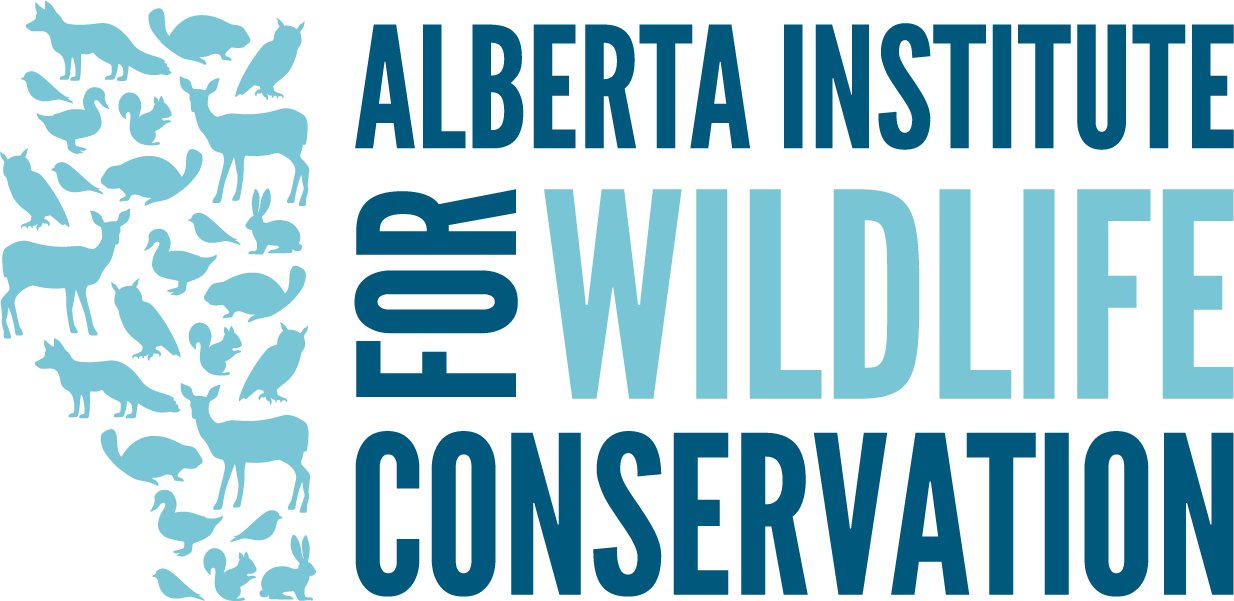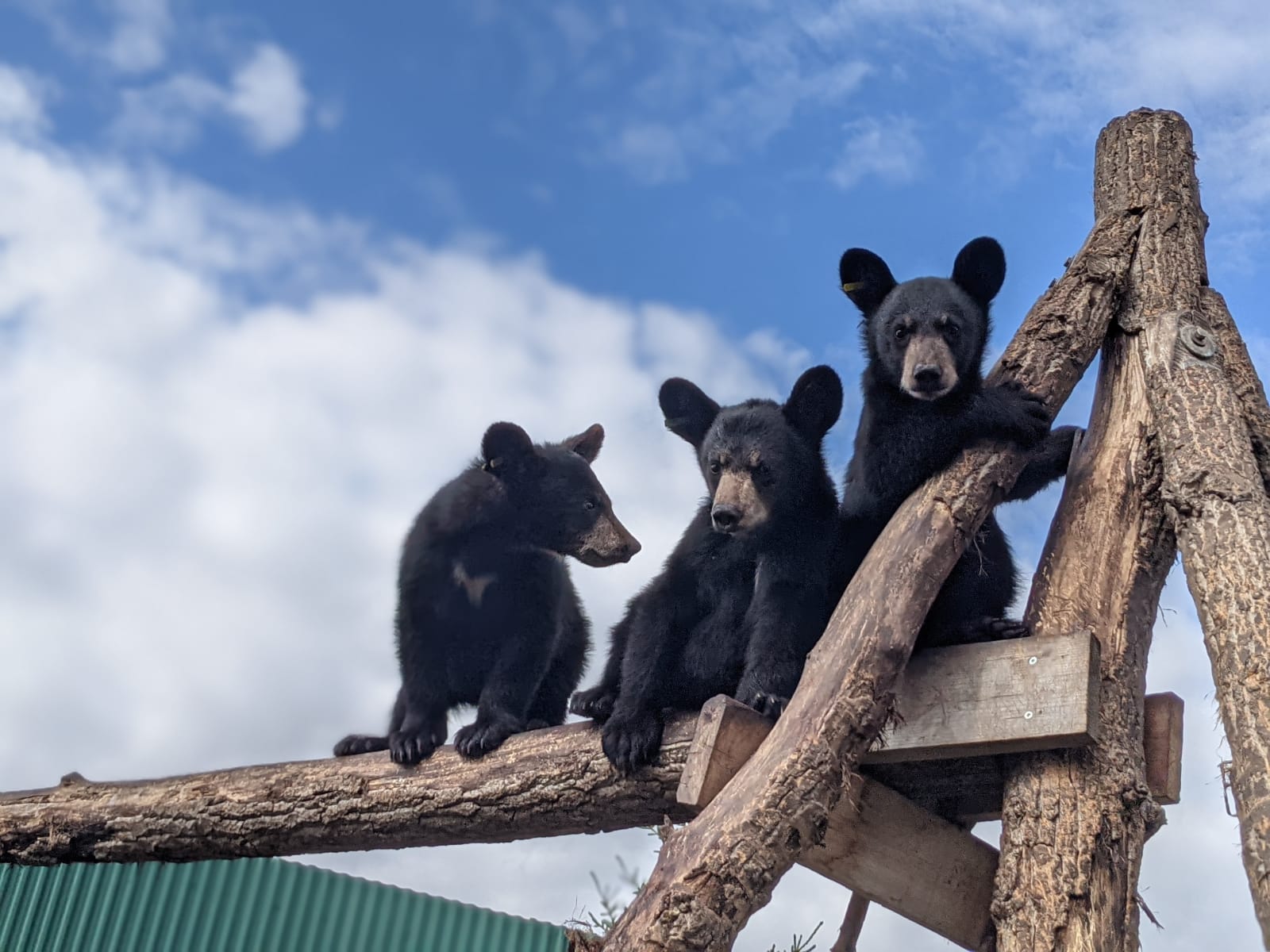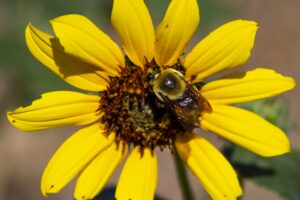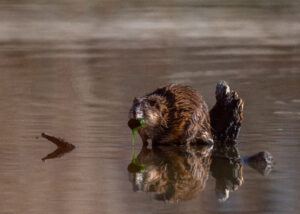by Chelsea Blyth
Alberta is home to some of North America’s most magnificent wildlife, including the iconic black bear and grizzly bear. These impressive creatures play a vital role in the province’s ecosystems, but their populations face several challenges due to habitat loss and human interaction. To ensure the well-being of both humans and bears, it is crucial to raise awareness about these animals and promote ethical practices for coexistence.
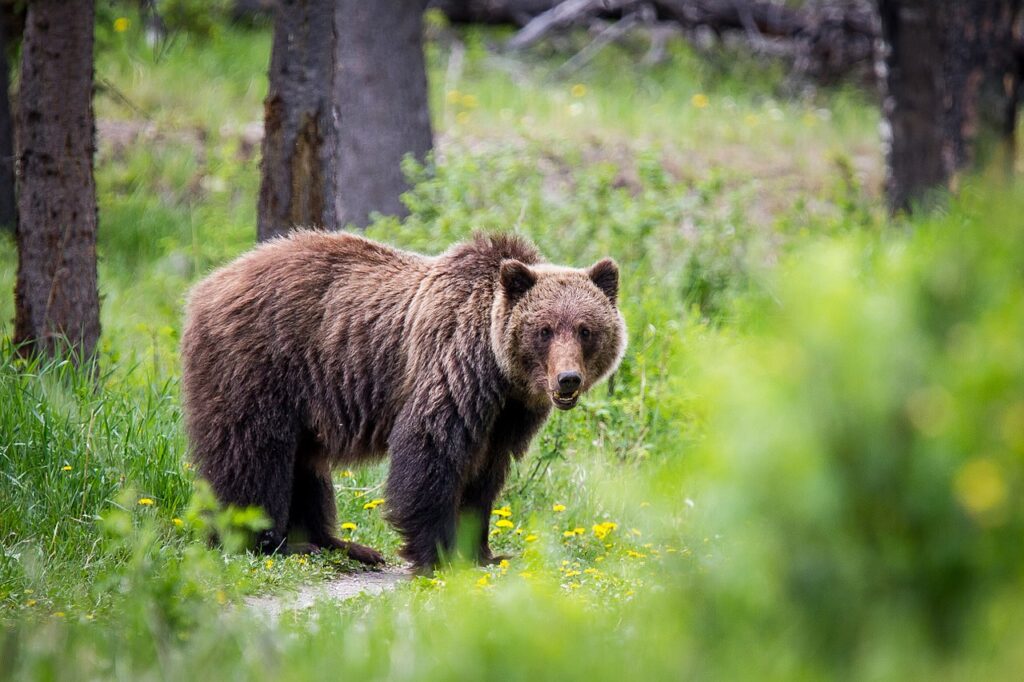
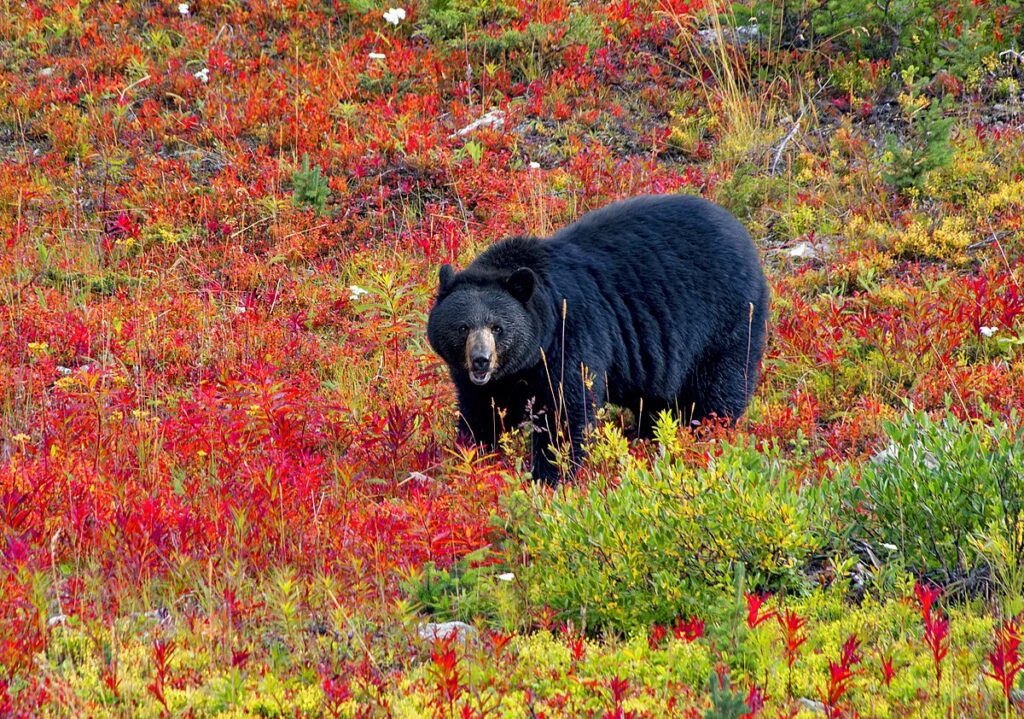
Ethical Practices to Consider
- Feeding bears, intentionally or unintentionally, is a harmful practice that leads to human-food conditioning.2 Bears are naturally foragers, and once they associate humans with food, they become more likely to seek out human-related food sources, leading to increased human-bear conflicts. Do not feed bears or leave food scraps behind while camping or picnicking. Use bear-resistant containers, lockers, or bear bags to store your food securely.
- Parks and conservation areas often implement bear closures to protect bears during sensitive times, such as hibernation or when bears are feeding on specific food sources. It’s essential to respect these closures and plan your outdoor activities accordingly.
- If you witness or are involved in a human-bear conflict, report it to the local authorities or conservation agencies. Timely reporting can help ensure appropriate action is taken to manage the situation without resorting to euthanizing the bear.
- Support local organizations and initiatives dedicated to bear conservation in Alberta. These organizations work to protect bear habitats, conduct research, and promote responsible bear awareness. Your involvement and support can make a significant difference in the long-term survival of bears in the region.
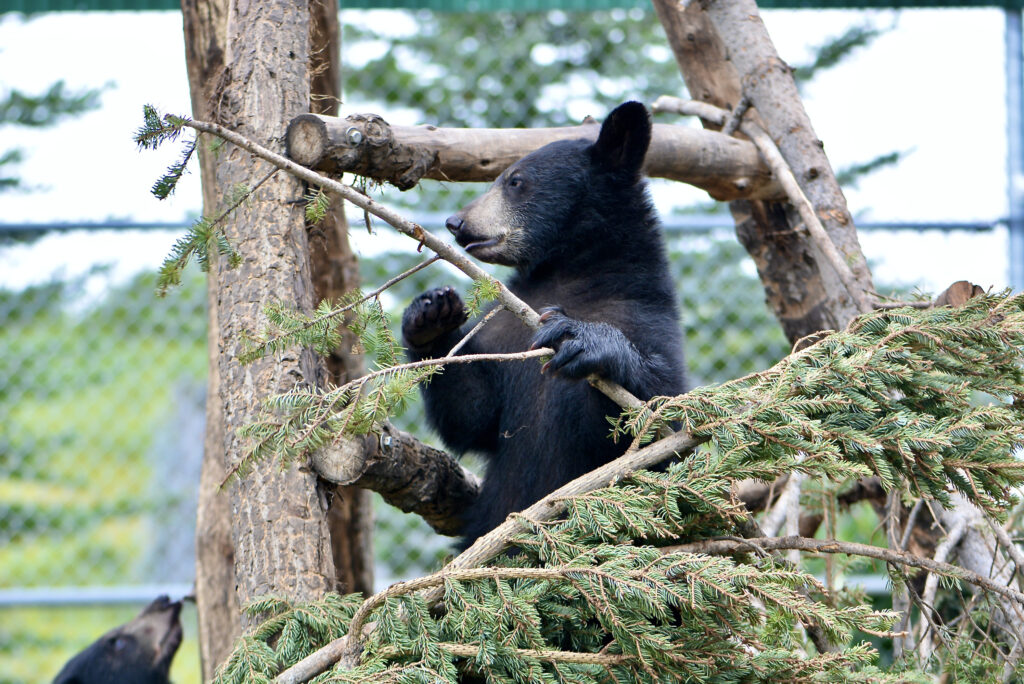
To minimize the risk of unexpected bear encounters, it’s essential to make noise while hiking, alerting bears to your presence and reducing the chances of startling them. Additionally, carrying bear spray and knowing how to use it effectively can provide a crucial means of defense in the event of a close encounter. Avoiding being out at dusk, night, or dawn, when bears are more active, can further reduce the likelihood of conflicts. Keeping dogs on a leash is equally important, as unleashed pets can trigger defensive responses from bears, potentially leading to dangerous situations.3
Black bears and grizzly bears are a precious part of Alberta’s natural heritage. By promoting bear awareness and ethical practices, we can ensure the safety of both humans and these magnificent animals. Alberta’s vast wilderness offers countless opportunities to appreciate these creatures in their natural habitat, and with the right knowledge and approach, we can coexist harmoniously. Remember, when in bear country, practice respect, caution, and preparedness to enjoy the beauty of Alberta’s wild spaces while safeguarding its incredible bear populations.
